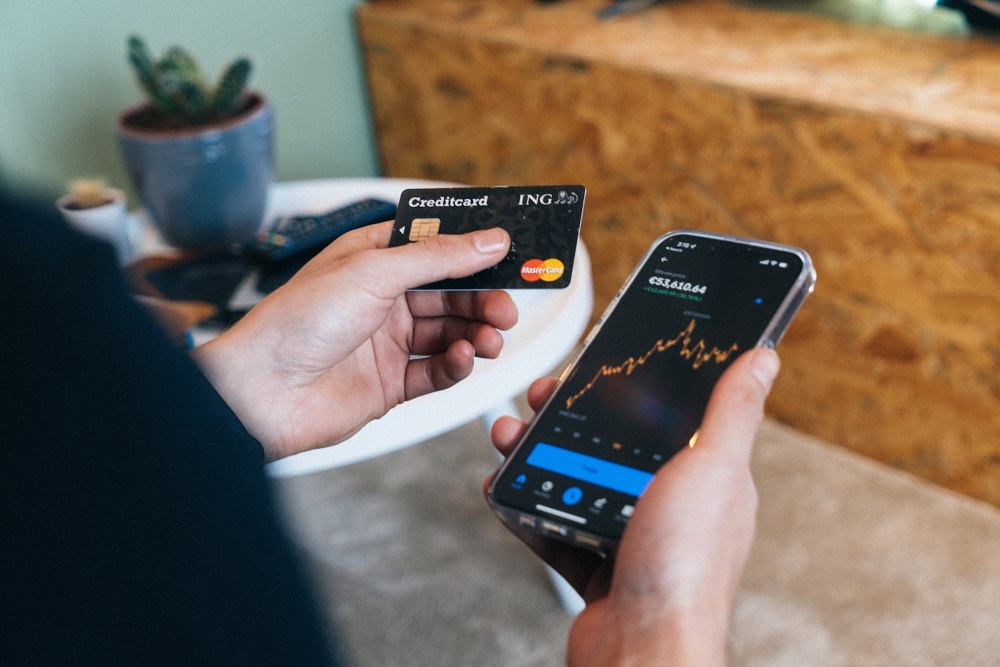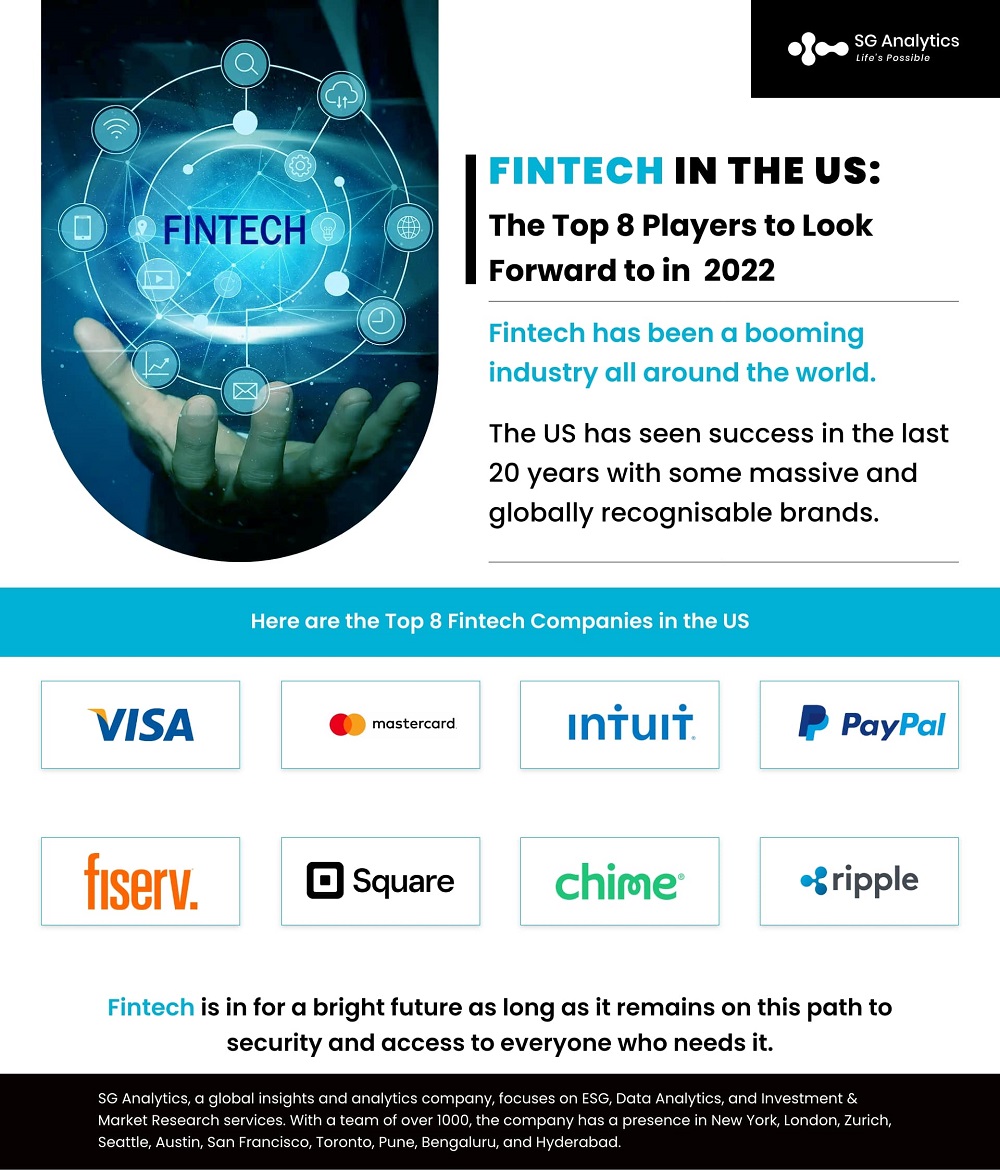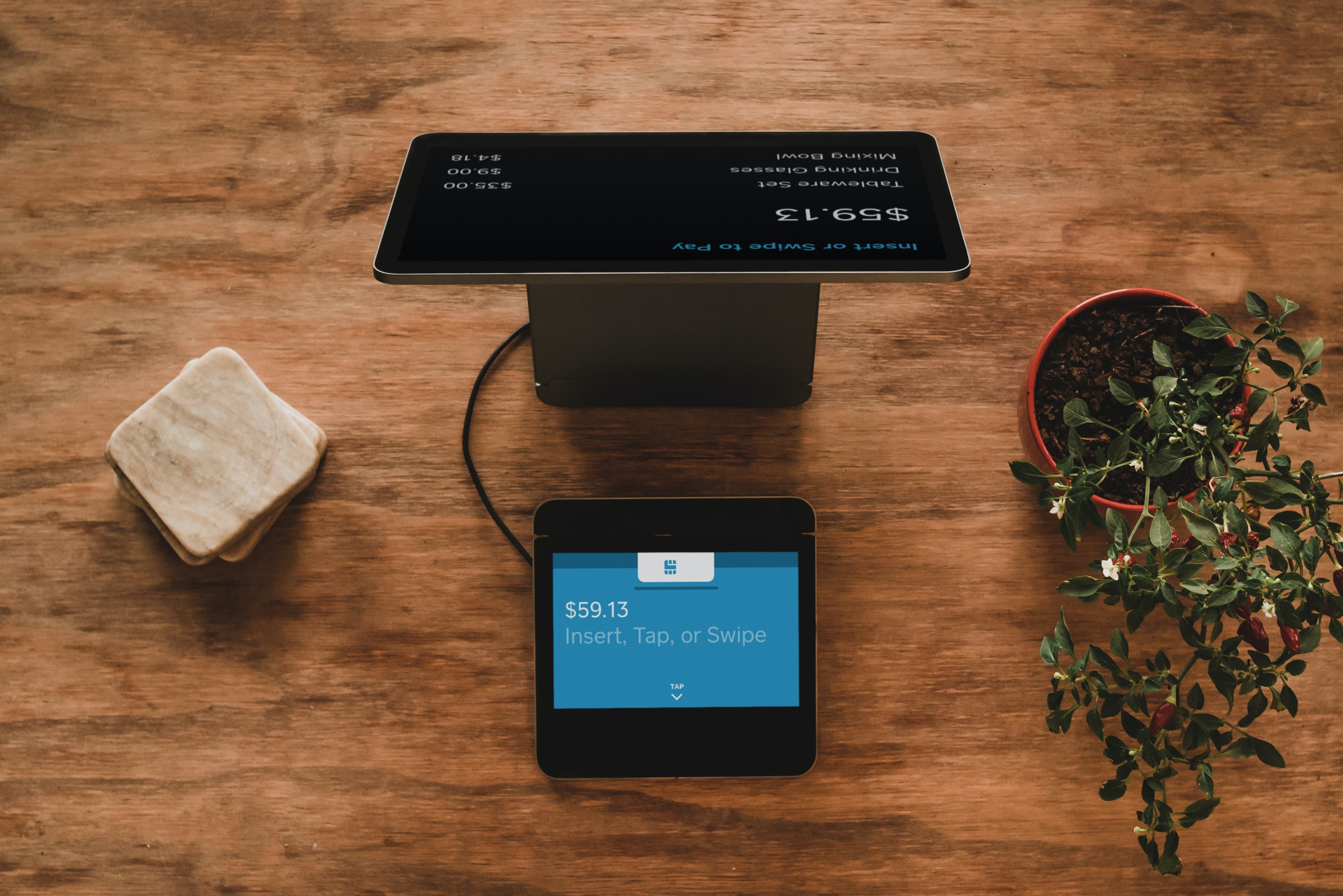Technology and advancements in relation have been some of the most important factors of growth in civilization and society today. Many of the main innovations that have become staples in most peoples’ lives come from Silicon Valley in the US. This is because of a variety of different unique aspects, it has essentially become the perfect incubator for new tech-related start-ups by becoming very efficient at connecting promising and innovative new solutions to well-funded venture capital funds or angel investors.
This has fostered a very effective environment for fast growth in the space while also stimulating general competition from around the world in the same field. This has been great for the global economy and has stimulated companies from otherwise technology giant countries, including Germany, Japan, and South Korea, to keep up with the technology and has stopped space from stagnating.
Naturally, with the boom of financial technology (known as fintech hereafter), it seems intuitive that some of the biggest companies originate in the US, with a few exceptions from other countries like China. All of these companies have revolutionized the fintech market in some way and have seen great success in doing it. So, what are the biggest fintech companies in the US today?

Read More: Four Ways Traditional Finance is being Disrupted by Open Finance
8. Ripple
Ripple is a global company that aimed to rethink the previous SWIFT system that facilitated secure international transfers and currency exchange. It utilizes blockchain technology to authorize and verify transactions to ensure the highest levels of security and integrity. This is also important because it is efficient in handling both fiat currencies as well as cryptocurrencies.
Aside from that, Ripple has also partnered with governments in the MENA region (the Middle East and North Africa) to make a low-cost and time-efficient remittance system. The platform will leverage RippleNet and other new technologies to facilitate efficient growth in the region and further boosts lower-income citizens in having access to technologies that would otherwise be too expensive.
However, aside from their successes, it is also important to keep in mind that the American Securities and Exchanges Commission (SEC) is currently carrying out an investigation into Ripple for allegedly selling unregistered securities back in 2020. This might be pivotal in their future success, but as of now, the outcome of the case is unclear, and the success of the company remains.

7. Chime
Chime is one of the biggest personal finance applications in the US. They encourage you to create a virtual ‘Chime’ card that can be used on platforms such as Apple or Samsung Pay using the NFC tag capabilities that most new flagship smartphones are coming equipped with nowadays. This also enables users to take full advantage of services such as Fee-Free overdrafts, better ways to build credit and improved FICO scores, along with 60,000+ Fee-Free ATMs at major US retailers like Walgreens and 7-Eleven.
It generally provides a value proposition of little or no fees for features that the bank would normally charge you. In the past, often, one would have to ask employers for an advance on their payment if they needed to meet an urgent expense. However, the bank made it so that at a low fee, that could be made possible. Chime makes it so that the fee is no longer required and runs on a low membership-based system. An interesting and new solution to many decades-old problems.
Read More: The Emerging Blockchain-Based Tokenization: What Investors Need to Know About it?
6. Square
Unlike the previously mentioned companies, Square is designed expressly to assist businesses in their operation. Square helps businesses set up loyalty and rewards programs to ensure recurring customers while also helping with banking and lubricating loans, savings, and payments that would otherwise cause stress. It also helps in the overall management of employees and can automate tedious tasks like payroll allocation, timecards, and attendance through their application.
.jpg)
One of their main revenue streams is their hardware. Square also sells different contactless hardware solutions to speed up and make payment situations more seamless. For example, they developed the ‘Square Terminal,’ which is essentially a more developed and modern version of a point-of-sale device. It has faster and better touch screens while also ensuring data security and no secret fees for the business to pay. It can also be customized to have things like Menus built into it so that ordering and payment can all be made through one device for waiters. They also employ a variety of other hardware options based on the type of business which is much more developed than anything else that is available in the market right now.
5. Fiserv
Having worked with companies like Microsoft, Adidas, and Google, Fiserv is one of the biggest companies offering financial services to companies. Accounts processing and digital banking are their main specializations, while they also overlook processes like payments, network services, and e-commerce that are often difficult to navigate as a company.
In general, Fiserv has not been particularly revolutionary. However, they have provided massive-scale versions of financial services in new and innovative digital ways for large companies. They now employ over 40,000 people and are one of the biggest in the fintech industry.

4. PayPal
Arguably one of the most recognizable companies on this list, PayPal is a digital payment service. It creates a secure and easy way to pay for things online without any hassles. Most online merchants come equipped with PayPal capabilities which also speed up transactions. These transactions also go straight through the connected bank account without requiring users to transfer money into a separate PayPal account, like other payment services might ask for.
It also supports direct P2P transfers between two PayPal users, which is very easy and fast. Furthermore, these transfers do not require long banking numbers or swift codes, but instead, just the person’s associated email ID.
PayPal also supports business accounts in which they can create accounts that are entirely used for business expenses which is also taken into account during tax forms and corporate tax rebates in case one is applied for.
Read More: The Evolution of 'Data-First’ Strategy: What does that mean for Businesses?
3. Intuit
Intuit is a publicly listed company that specializes in financial software for businesses and individuals. As the name suggests, they create innovative but intuitive solutions to common problems through their impressive software. For example, TurboTax is a modern solution to filing one’s tax forms every year. It starts with a detailed survey based on your income and lifestyle. This is then automated into creating a tax return for the user.
Other than its business tax form counterpart, Intuit has also created QuickBooks, which creates a holistic financial record of a company while connecting multiple different accounts. This helps accountants from tedious data entry jobs and ensures no worry of human error when doing so. Intuit has many other solutions but just leverages innovative technologies and applies them to finance in an efficient and creative way.

2. Mastercard
Mastercard is a company that issues credit and debit cards all around the world. It manages to occupy around 30% of the total market share and helps transactions in many different scenarios. Mastercard accounts can be used in P2P, B2B, and normal sale transactions and ensure quick and secure remittances regardless of where the transaction is being made.
Aside from its basic functions, the higher-tier Mastercard, such as the World Elite, provides a wide array of other services. For example, it provides a similar concierge service that is afforded to American Express Platinum customers without exorbitant fees. These cards also afford users access to hotels, airlines, and other services at lower costs and sometimes completely free. It also provides access to airport lounges all over the world and general ease of access to baggage, immigration, and security checks.
1. Visa
Like Mastercard, Visa is one of the top-ranked companies that issue credit and debit cards. However, it manages to occupy close to 60% of the market share when it comes to point-of-sale and card transactions around the world. If that is not already impressive enough, Visa was also one of the first companies to widely popularize the contactless-payments methods that the world has become so used to today through NFC tags. This has improved the speed of point-of-sale transactions and improved efficiency at brick-and-mortar stores.
Visa provides a tier program for their credit cards in which users are provided with a plethora of opportunities. For example, Visa has its own vetted list of luxury hotels around the world in which users can stay for an allotted number of nights per year. Visa also provides similar airport and concierge privileges. Visa offers unique services such as emergency medical, or legal assistance in most major countries around the world, eliminating the need for insurance in that respect. It also provides cashback on many large retailers, among all its other benefits for its users.

The Fintech World in the US
Considering that the majority of the biggest fintech companies are based in the US shows how well they have managed to do in the last decade or so. Naturally, certain eastern societies are not as forward-thinking when it comes to financial services and processes, and it is understandable that these companies come from western civilization. However, it is important for global development as these fintech companies help alleviate the effects of deadweight loss by making a more efficient economy.
Furthermore, as mentioned earlier, these companies are also expanding further into untapped markets such as the middle east to provide solutions that they have not seen before. This means that these benefits can be reaped by more people and could mean a better effort against the massive divide in terms of income inequality.
Overall, this list paints a picture of a bright future for fintech. If these technologies remain secure and efficient, countries around the world will continue to adopt them and realize the advantages of these innovative and unique solutions.
With a presence in New York, San Francisco, Austin, Seattle, Toronto, London, Zurich, Pune, Bengaluru, and Hyderabad, SG Analytics, a pioneer in Research and Analytics, offers tailor-made services to enterprises worldwide.
A leader in Market Research services, SG Analytics enables organizations to achieve actionable insights into products, technology, customers, competition, and the marketplace to make insight-driven decisions. Contact us today if you are an enterprise looking to make critical data-driven decisions to prompt accelerated growth and breakthrough performance.









